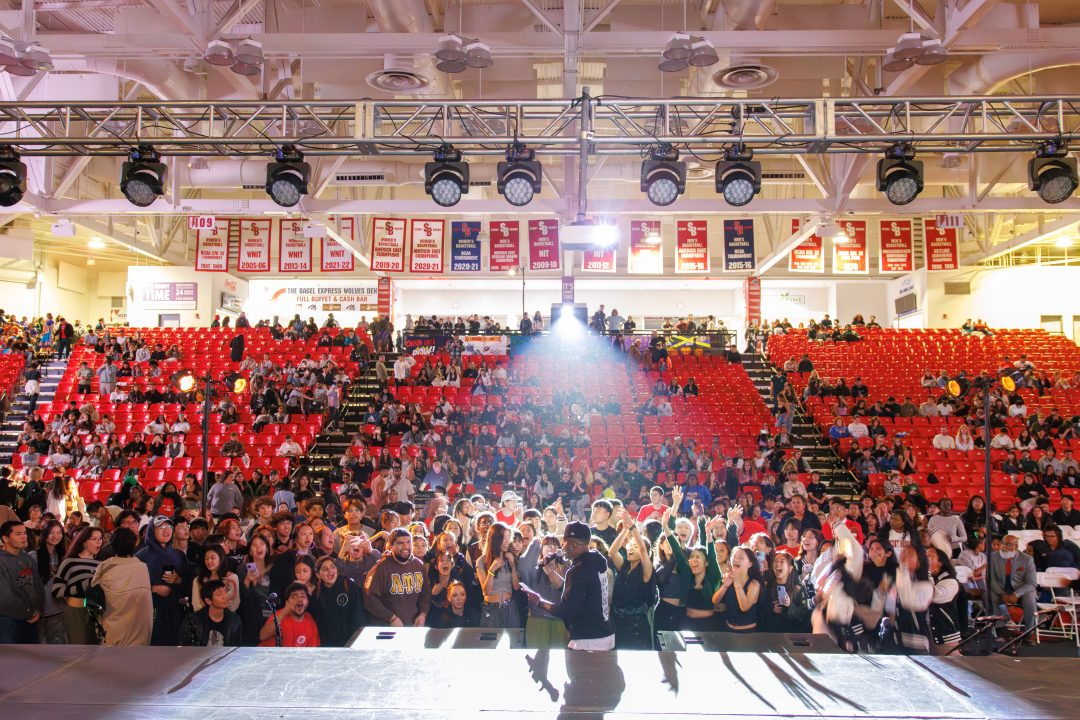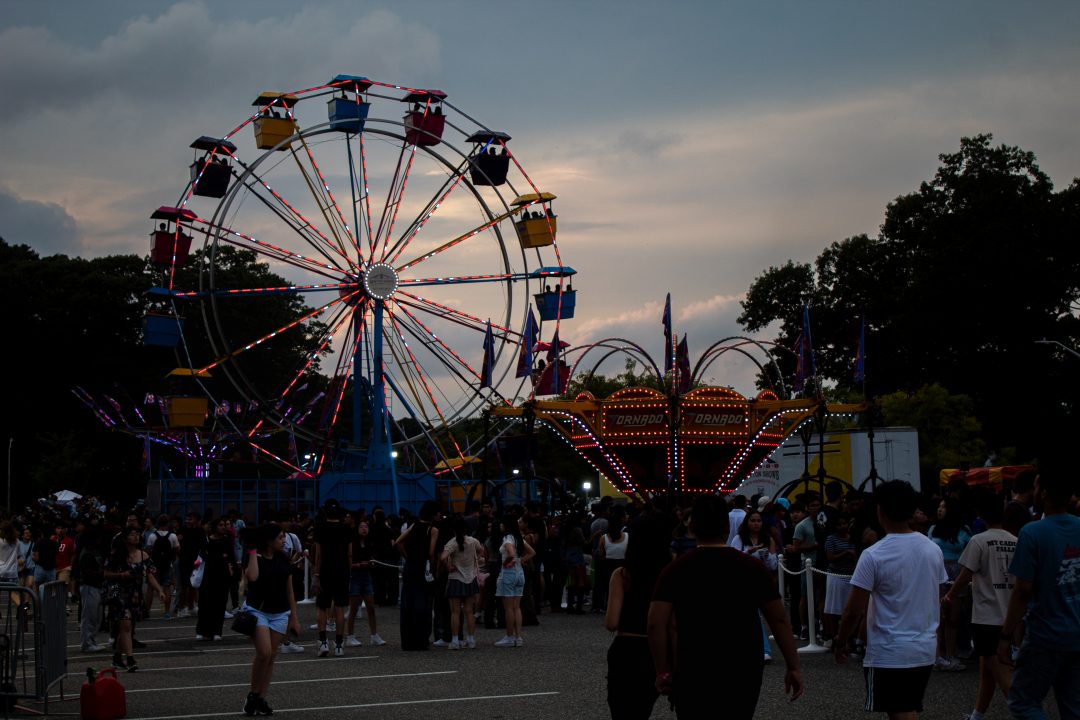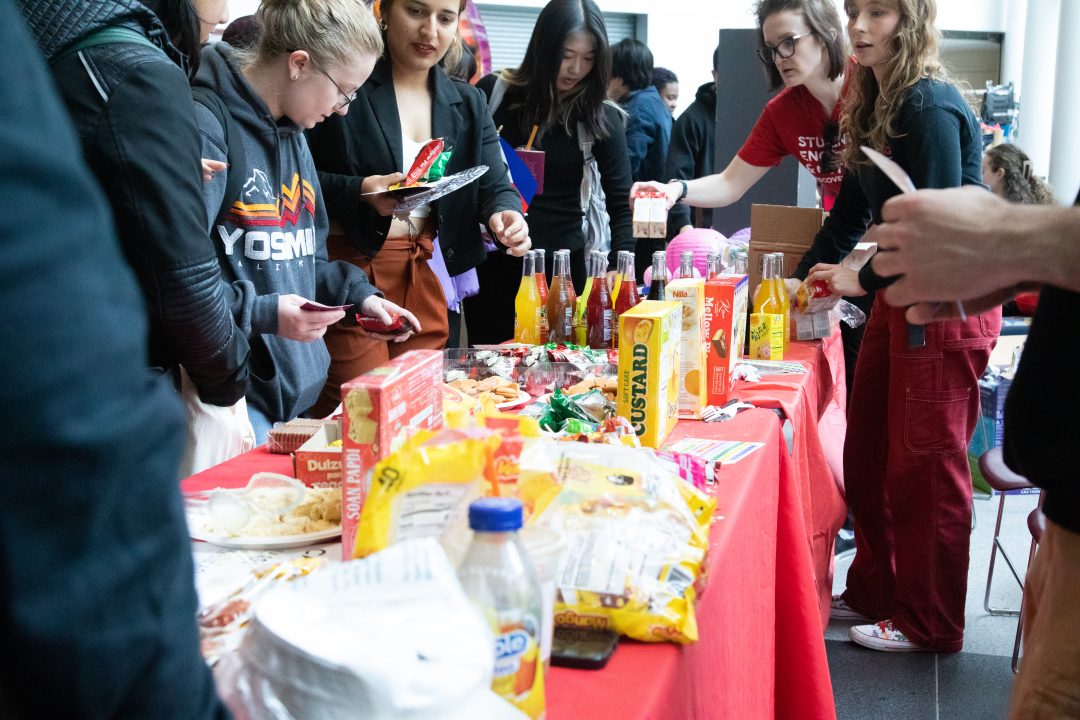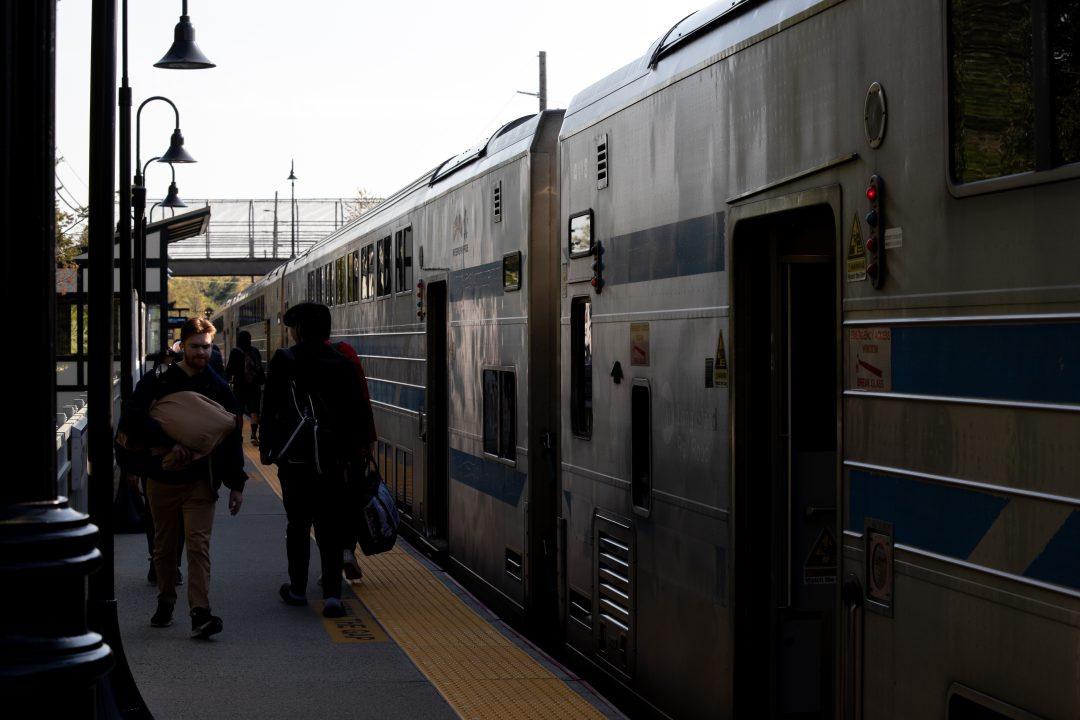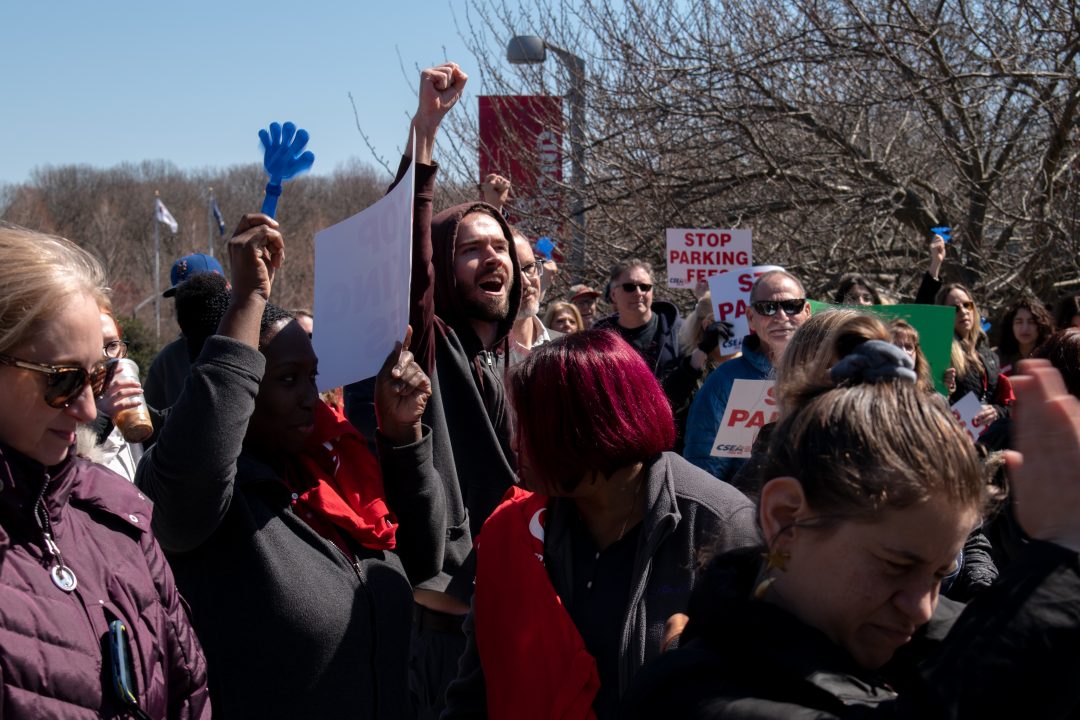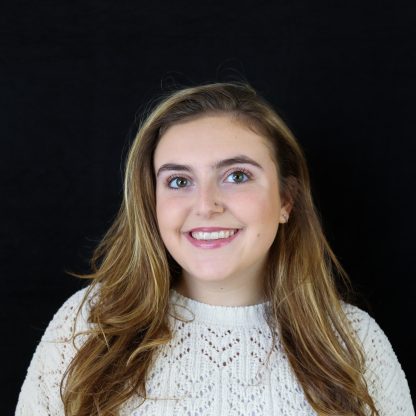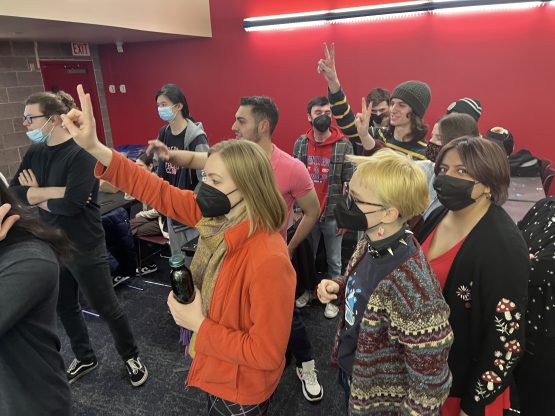
Stony Brook’s new Foraging and Mycology Society revealed the popularity of nature exploration and appreciation at the University, with 65 students attending the group’s first meeting.
The Society strives to form a community where nature lovers can “share a common interest” and indulge in all-things “cottagecorey,” according to Victoria Bayevskiy, the club’s president.
Cottagecore is an aesthetic categorized by nature and simplicity; the concept was popularized on social media.
“There’s just a lot of good vibes,” Anne Johnson, a senior multidisciplinary studies major who attended the general body meeting, said. “Everyone seems just excited about foraging and mushrooms and just nature.”
Bayevskiy, a sophomore psychology major, led a brief powerpoint presentation, followed by a hands-on slime making activity. Bayevskiy founded the society with the intent of recreating and sharing her childhood fondness for exploration.
Growing up foraging with her parents and grandparents, Bayevskiy said this is a way to connect with her childhood.
“It’s really nice putting a science behind the exploring you did as a kid,” Elise Atkins-Louis, a sophomore political science and psychology dual major, and the club’s acting secretary said. Like Bayevskiy, Atkins-Louis grew up navigating nature, doing so by roaming the woods with friends in rural New England.
“Knowing how to forage correctly is important,” Bayevskiy said. The club’s executive board emphasized the importance of mycology — the study of fungi — and foraging, in addition to its recreational aspect.
Evelyn Savchenko, a sophomore engineering chemistry major and the Society’s public relations officer, explained how the concept of locavorism — the practice of eating locally-sourced food — ties into foraging.
“Locavorism is a progressively more important concept that I think a lot of people should really get on board with,” Savchenko said. “Hopefully understanding foraging practices and being familiar with your local environment is a way to get involved in [locavorism].”
The society also aims to help members “to be knowledgeable about the types of things that [they] are putting into their bod[ies],” Bayevskiy said.
“Pesticides are everywhere here,” Savchenko said about the America-specific dangers of foraging. According to Eat the Planet, an organization dedicated to foraging education, the pesticides applied to landscapes can be lethal to humans that ingest them. The site advises foragers to proceed with caution.
The society plans to further explore the medical and social utilization of mycology in future meetings. “It’s fascinating how mushrooms can be used for medicine, for recreational use, just for other healing purposes,” Bayevskiy said.
The executive board aims to invite expert foragers to club meetings, as well as to host nature walks, plan trips and coordinate more hands-on activities that tie into the meetings’ discussions.
The Foraging and Mycology Society places great emphasis on the appreciation of nature.
“[Foraging] gives you an excuse to be in nature,” Zaya Daniel, a sophomore psychology major and the club’s event coordinator, said. “[It] reminds me of when learning was meant to be fun.”
Everyone is encouraged to get involved with the organization, according to Bayevskiy: “I don’t want there to be an air about this club, that you have to be an expert on mushrooms or on flowers, or that you have to know the scientific name of something that you see that looks cool,” she said. “I just want it to be an open community where students can come together to appreciate the nature that they’re in, to learn what’s growing around them, what they could maybe even eat.”











